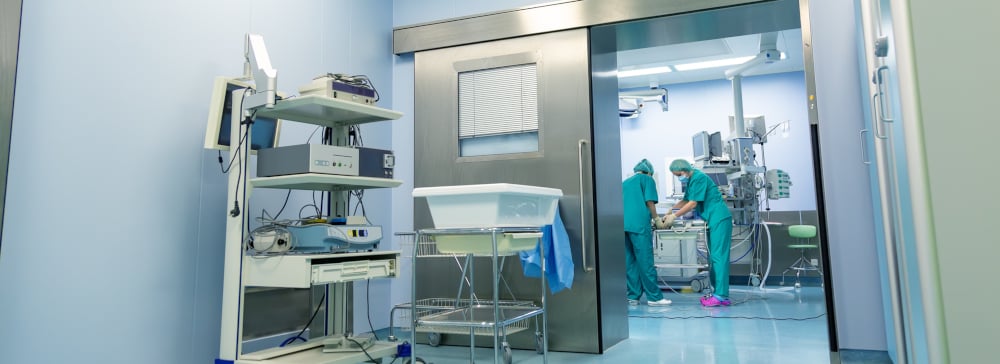Table of Contents

Yes, you should go to the hospital if you have been involved in a car accident—even if your injuries seem minor. Failing to receive adequate medical attention can lead to long-term health problems, expenses, and limited legal recourse.
Car insurance is the first to kick in, typically covering up to 80% of the cost of your medical care. If you have health insurance, the hospital will bill your health care provider for the remainder.
If you do not have health insurance, the at-fault driver can be liable for paying your hospital bill.
When there are concerns about how to pay for your accident injuries and losses, a free consultation with a Florida car accident lawyer can help.

Hospital professionals are specially trained to handle traumatic injuries, fractures, soft tissue damage, and concussions common to car accidents. Without this same level of understanding, primary care physicians often have to refer patients to specialists, which can further delay treatment. It’s best to see ER specialists right away and get answers to questions like:
Most people return to work within a month of a car accident, but serious injuries may require more time. Documentation that establishes the initial cause of injury can be important in these cases so your auto insurance provider can compensate you for up to 60% of lost wages, up to $10,000.
Hospital records can also help protect your rights by validating your claim so you are not fired or discriminated against by your employer. When you do return to work, you may have a limited ability to perform some of your job duties, which your medical records will indicate.
Have you ever watched a football game where players grit through the match but end up off the roster for weeks due to injury immediately thereafter? The adrenaline rushing through their bodies can mask the pain for hours after injury occurs — and the same is true in a car accident.
It’s hard to know what to expect physically after a car accident as every accident and body is different. While some injuries — like excessive bleeding, difficulty breathing, or paralysis— may be obvious, many accident injuries are not.
Car accident injuries that show up later may include:

To file a Personal Injury Protection (PIP) claim, Florida requires drivers to seek medical care within two weeks of an accident. Failure to comply with the PIP rule could hurt your chances of receiving compensation for your injuries, lost wages, and even the cost of hiring a personal injury attorney if you decide to file a claim against the other driver.
Even if you don’t need significant treatment right away, ER medical professionals can make recommendations for follow-up care. You should keep all bills, receipts, prescriptions, a record of your appointments and physical therapies, and a pain journal just in case you ever need to pursue legal action to cover expensive long-term care.
In addition to these valuable pieces of evidence, your lawyer may ask hospital medical providers to write a medical narrative or deposition that testifies to the nature of your injuries and helps establish a stronger personal injury claim.
Not sure what to do after a car accident or when to get an attorney for a car accident? It’s never too soon to find legal counsel you trust to help you navigate the maze of treatment, insurance options, and liability issues that may arise in the weeks and months following a collision. Consultation with Kogan & DiSalvo is always free.
If you are injured and unable to come to us,
our attorney will come to you - there is no charge for us to do so.